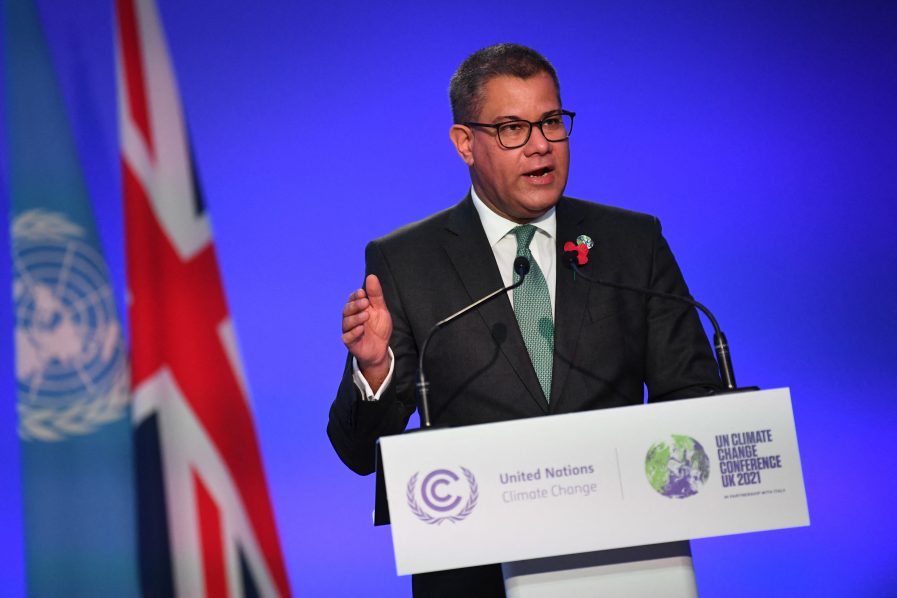Governments and businesses are joining farmers and local communities at COP26, securing new agreements to protect nature and accelerate the shift to sustainable agriculture and land use practices by making them more attractive, accessible and affordable than unsustainable alternatives.
Alongside the events marking Nature and Land Use Day, marks the end of the first week in COP26, with negotiations gathering pace and work focusing on week two.
Twenty-six nations, including Nigeria set out new commitments to change their agricultural policies to become more sustainable and less polluting, and to invest in the science needed for sustainable agriculture and for protecting food supplies against climate change, laid out in two ‘Action Agendas’.
All continents were represented, with countries including India, Colombia, Vietnam, Germany, Ghana, and Australia. Examples of national commitments aligned with this agenda include: Brazil’s plan to scale its ABC+ low carbon farming programme to 72 million hectares, saving one billion tonnes of emissions by 2030; Germany’s plans to lower emissions from land use by 25m tonnes by 2030; United Kingdom’s aim to engage 75 per cent of farmers in low carbon practices by 2030
The UK also announced funding of £500 million to support the implementation of the Forest, Agriculture and Commodity Trade (FACT) roadmap that was launched during the World Leaders Summit last week, in which 28 countries are working together to protect forests while promoting development and trade.
A further £65 million will support a ‘Just Rural Transition’ to help developing countries shift policies and practices to more sustainable agriculture and food production.
Commitments made by countries will help to implement the Glasgow Leaders’ Declaration on Forests and Land Use, which is now endorsed by 134 countries covering 91 per cent of the world’s forests. The Declaration aims to halt and reverse forest loss and land degradation by 2030.
COP26 President, Alok Sharma, said: “If we are to limit global warming and keep the goal of 1.5 degree Celcius alive, then the world needs to use land sustainably and put protection and restoration of nature at the heart of all we do.
“The commitments being made show that nature and land use is being recognised as essential to meeting the Paris Agreement goals, and will contribute to addressing the twin crises of climate change and biodiversity loss.”
About 45 countries, including Nigeria are pledging urgent action and investment to protect nature and shift to more sustainable ways of farming.
Nigeria is also joining other countries such as Australia, Uganda, Madagascar, India, Tanzania, Vietnam, Nigeria, Lesotho, Laos, Indonesia, Guinea, Ghana, Germany, Philippines, Ethiopia, UK, Colombia, Costa Rica, Morocco, Netherlands, New Zealand, Nigeria, Philippines, Sierra Leone, Spain, Switzerland and United Arab Emirate in the Sustainable Agriculture Policy Action Agenda for the Transition to Sustainable Agriculture and Global Action Agenda for Innovation in Agriculture.
Already, the World Bank will commit to spending $25 billion in climate finance yearly to 2025 through its Climate Action Plan, including a focus on agriculture and food systems.


